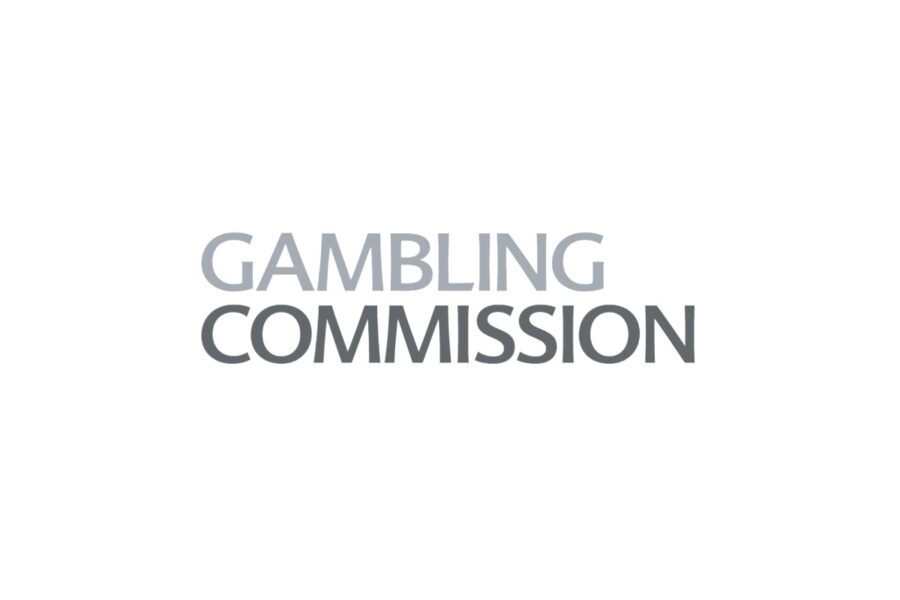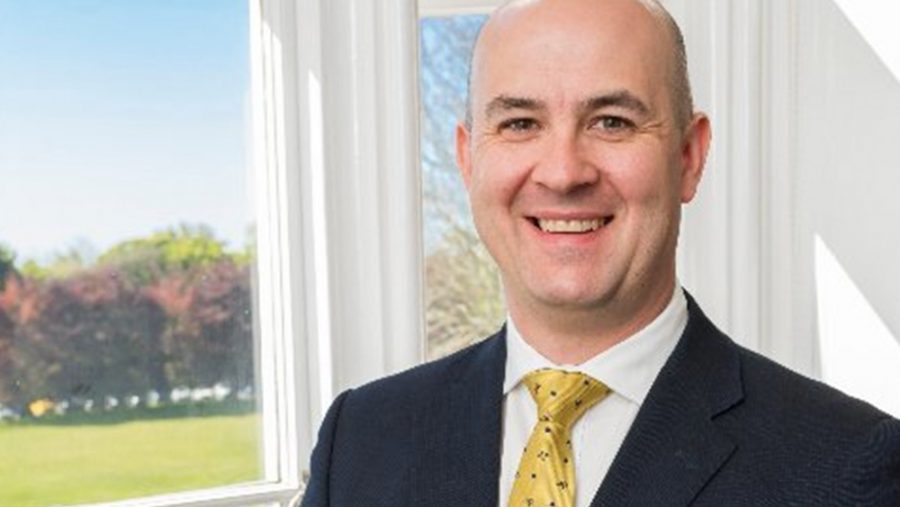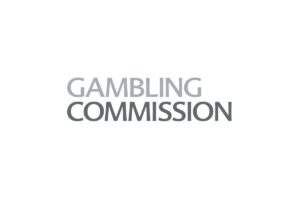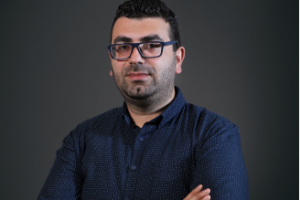British Gambling Commission steps up monitoring of unlicensed gaming market

The British regulator has announced a new “evidence-based methodology”.
UK.- The British Gambling Commission has announced a new prioritisation of data analytics to monitor unlicensed gambling and launch more effective enforcement actions against black market operators. It’s published a new ‘evidence-led’ methodology that it says will identify unlicensed online gambling operators, allowing it to estimate the size of the black market more accurately.
New measures will include a new cease-and-desist process targeting unauthorised prize draws and competitions, the growth of which has raised concerns at HM Revenue and Customs (HMRC) and the National Crime Agency (NCA). The regulator also intends to expand its work with search engines to remove unlicensed gambling content from Bing and Yahoo Finance as well as Google results. It also plans to increase its collaboration with the Police Intellectual Property Crime Unit and payment providers.
Gambling Commission chief executive Andrew Rhodes said: “Minimising the potential for harm from unlicensed operators is of high importance, as our own research shows that some of its main targets include people who are self-excluded or have otherwise had customer relationships terminated by operators, or where they are pursuing things not available to them in the legal market.
“Those targeted are sometimes vulnerable customers – but they have been given a route back to gambling by unlicensed operators. Today’s methodology paper is the first step in sharing this work, and we are committed to publishing more as it develops. The new data will, in time, allow us to publish more metrics on unlicensed gambling. We know that the data is of greatest value in terms of showing the dynamics of this market – such as changes in customer activity from month to month. Once a fuller, more robust time series is available, we will publish our findings and outline the conclusions we have drawn.”

So far enforcement actions against unlicensed operators have mainly focused on blocking URLs, denying payments and making products inaccessible. The Gambling Commission has collaborated with technology providers and international regulators to issue over 750 cease-and-desist notices and to report over 78,000 URLs have been referred to Google and Microsoft. It says some 50,000 of those URLs were removed and 255 websites were taken down.
Understanding player motivation for using unlicensed gambling
Meanwhile, the regulator is also aiming to gain a better understanding of customer behaviour related to unlicensed gambling. Its Consumer Voice programme is researching why players use unlicensed operators in an attempt to learn about the routes that lead to unlicensed gambling, including situations in which consumers may not have realised that they were using unregulated operators.
Rhodes said: “One outcome of this research is to gain a better understanding of the right questions we can ask in consumer research, which will help supplement our data sources. We want to include these findings in the Gambling Survey for Great Britain (GSGB) to allow improved monitoring over time.”
He added: “We are committed to making it difficult to provide illegal gambling at scale to consumers in Great Britain. The partnerships we’ve built with international regulators, technology partners, and search engines are already delivering results, and we’re determined to keep up this momentum.
“By using data analytics to improve our enforcement efforts, we’re not just reacting to the problem, but proactively targeting illegal operators. The publication of our methodology paper is just the first step in sharing this work with stakeholders and the public. As we continue to refine our approach, we will use this data to provide deeper insights into the scale and dynamics of the illegal market.”
Meanwhile, the Gambling Commission has announced that two new members have joined its Advisory Board for Safer Gambling (ABSG). The academic expert appointments are Dr Virve Marionneau and Dr Spencer Murch.
Marionneau has a background in sociology and is director of the Centre for Research on Addiction, Control and Government at the University of Helsinki, Finland. She conducts research into gambling-related matters, including regulation, online gambling and the qualitative investigation of gambling experiences and harms.
Murch is a cognitive psychologist and an AGRI postdoctoral fellow at the University of Calgary, Canada. His work includes research into cognitive behavioural practices and the implementation of AI for health.










